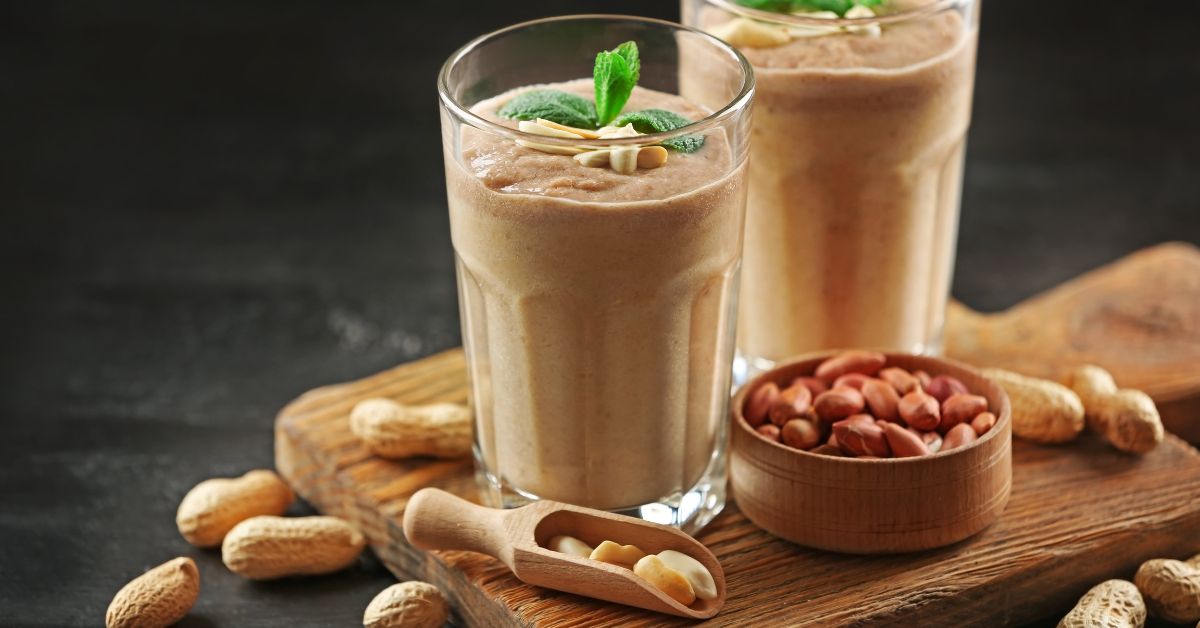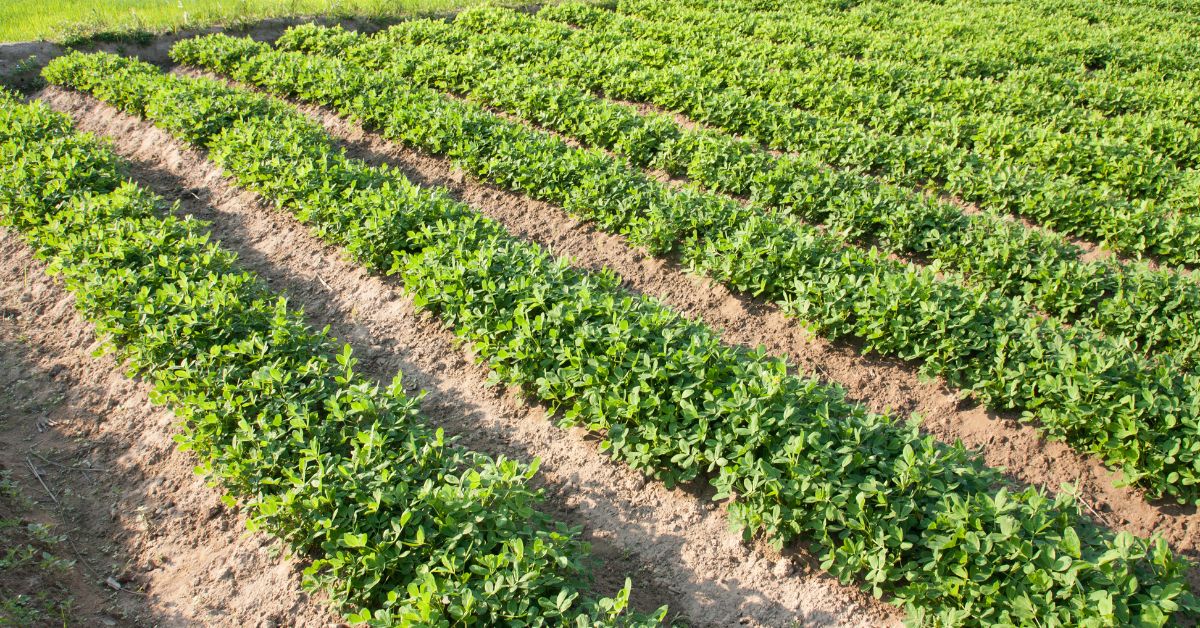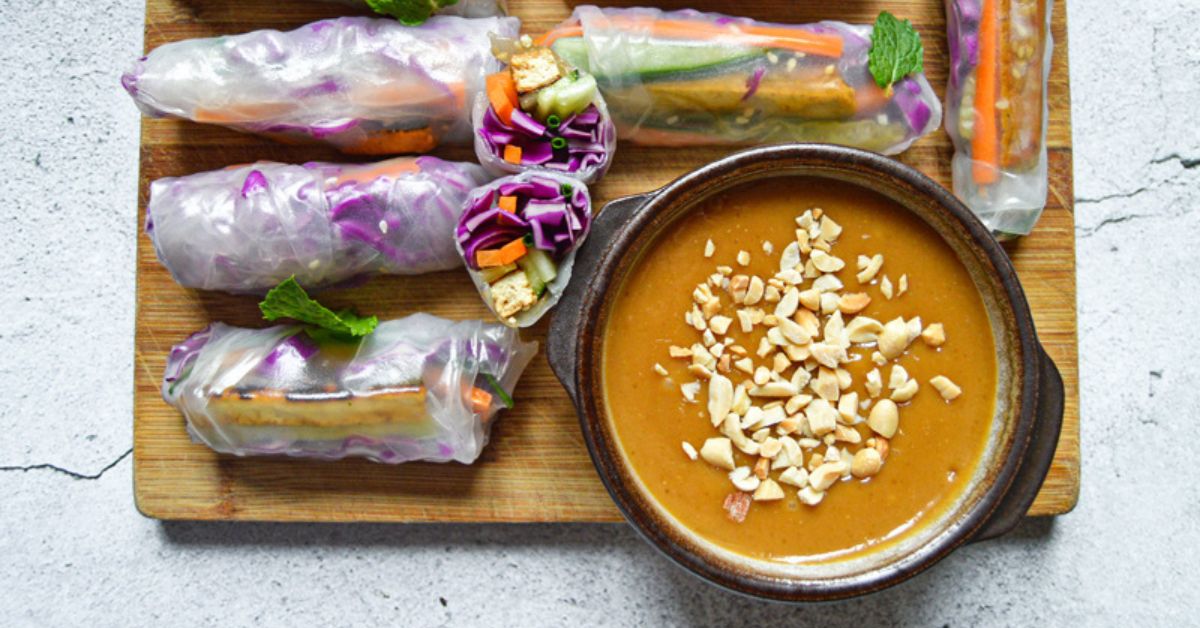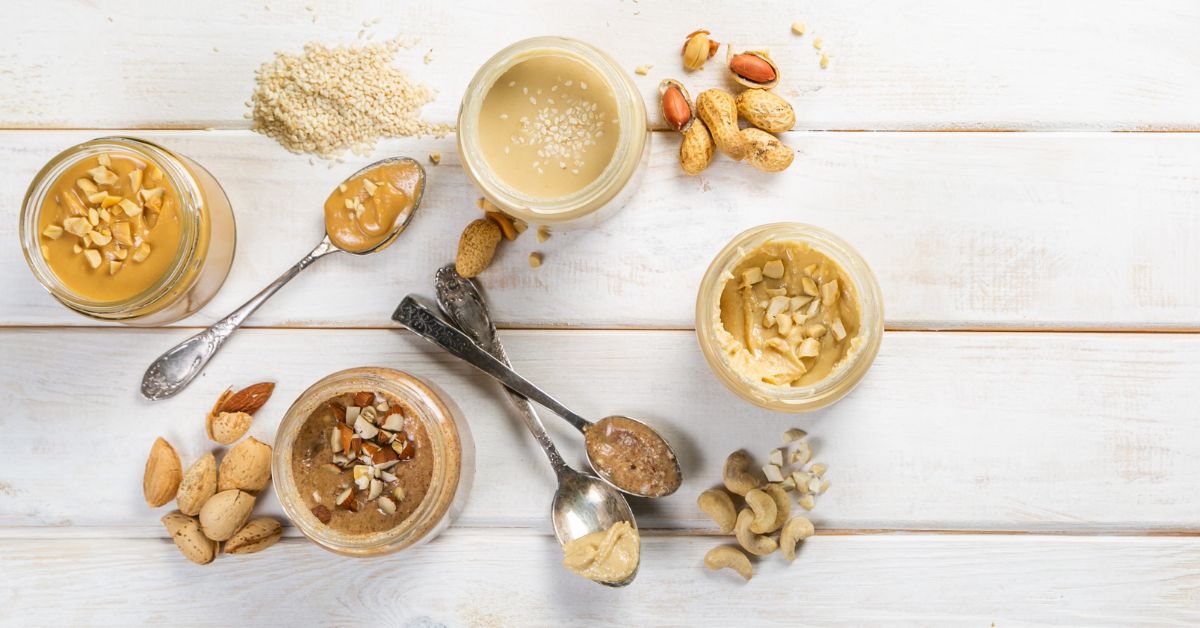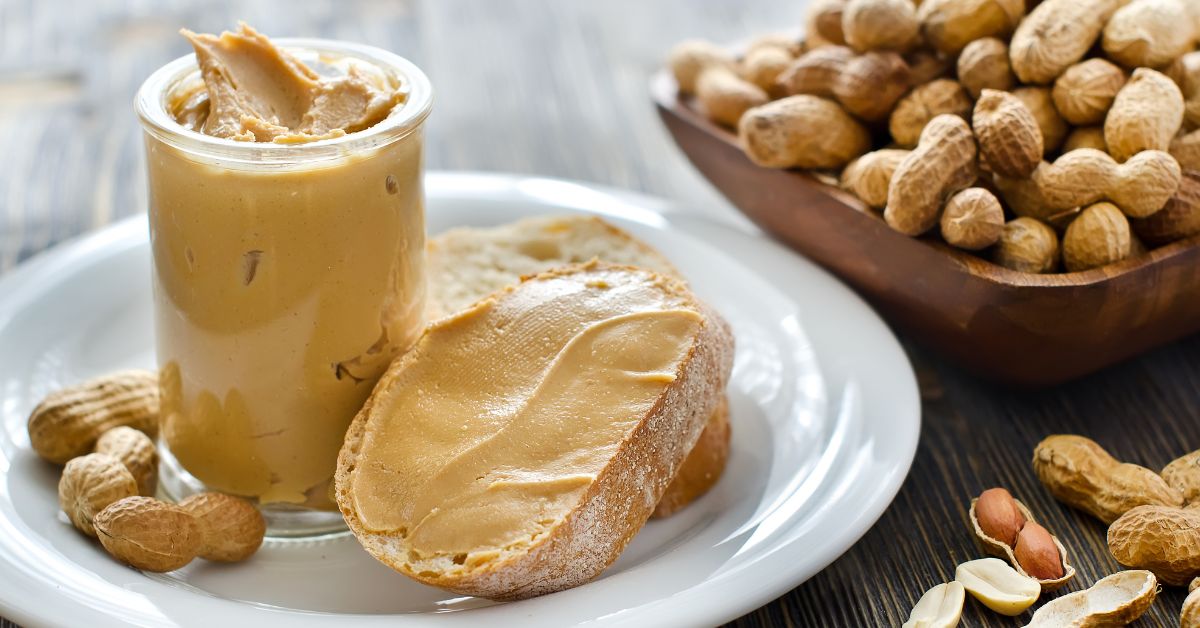The History of Peanuts
The peanut is an ancient food that has been cultivated for thousands of years, and is native to tropical regions of South America. The peanut plant was introduced to Europe during the 16th century, and eventually spread throughout the Americas. Today, the bulk of the world’s peanut production comes mainly from China, India, Nigeria, Sudan, Burma, Argentina and Senegal.
At Healthy Supplies, we love peanuts. They impart a wonderful nuttiness to a huge array of dishes, both sweet and savoury. They’re so versatile – we love adding them to sweet recipes like our vegan snickers bars! They’re also the main ingredient in the dipping sauce for our delicious satay tofu. It’s fair to say that peanuts are one of the most popular snacks in the world. SO let’s look deeper into their history and how they have evolved over time….

Where did peanuts originate from?
Macrofossil and starch grain data show peanuts were introduced to the Zaña Valley in Northern Peru 8500 years ago. The plant had reached Mexico by the 1st century AD, and when European explorers reached the Americas, the plant became a traded commodity. Sailors were transporting it to Asia and Africa, where it became popular in the 1500s. Trade of peanuts was then established between Africa and North America beginning in the 1700s, starting North America’s long lasting love for all things peanut-related. Whilst peanuts were introduced into Europe around this time, the popularity of this legume never rivalled that shown in America, where it fast became one of the nation’s favourite snacks.
Peanuts are packed with healthy fats and high-quality protein. Foods rich in protein help us feel fuller for longer. Peanuts actually contain the most protein out of all ‘nuts’ (see our point below). Peanuts are also an excellent source of fibre. Fibre is super-important in helping us maintaining a healthy digestive system. They also contain vitamins A, B6, B9 (folate), C, E and K, as well as the minerals iron, magnesium, phosphorus, potassium, zinc and copper. Peanuts are a high calorie food. Despite being high in calories, peanuts are nutrient-rich and low in carbohydrates.
Contrary to their somewhat misleading name, peanuts are not really nuts at all. Peanuts are actually a legume. Legumes are edible seeds enclosed in pods, and are in the same family (the Fabaceae family), as beans, lentils, and peas. Peanuts actually grow underground, not on trees like ‘tree nuts’.
Peanuts are really versatile. They can be eaten as part of a meal, either alone as a snack or with other foods. They can be used in an endless number of delicious ways. You can snack on them as they are, coat them in your favourite seasoning and roast them, or add them to cakes, bakes, biscuits and breads. They taste amazing roasted and ground into a healthy peanut butter spread. This can then be used to make the most delicious dipping sauces. We have plenty of recipes that use peanuts on our site, so be sure to check them out here!
How have they evolved over time?
According to the National Peanut Board of America, there’s evidence that circa 1500 BC, the Incas used peanuts in sacrificial ceremonies and included them as ‘grave goods’ to accompany the dead for use in the afterlife. There is also evidence that tribes in central Brazil ground peanuts with maize to make a drink.
Nowadays peanuts are enjoyed in a variety of different ways. We use them whole, ground, in paste form and as an oil. Peanut butter is arguably the most popular peanut product, and its earliest forms can be traced back to the Incas. Modern day peanut butter was popularised by a number of different individuals, including John Harvey Kellogg (the creator of Kellogg’s cereal) who patented a process for creating peanut butter from raw peanuts. It is thought that he created the paste to help people who couldn’t chew peanuts in their whole form.
We sell a huge variety of healthy and delicious peanut products at Healthy Supplies. From natural peanut butter to roasted peanuts, peanut flour, peanut sauce and so much more! Check out the full range and shop today.


